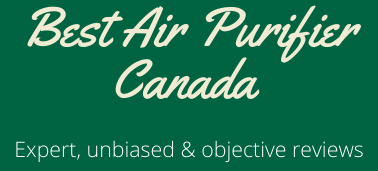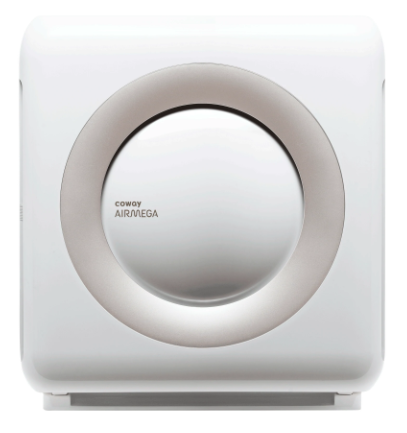Have you been wondering about what an air purifier can and can’t do?
Air purifiers are some of the best home appliances ever invented. Not only do they help alleviate allergies, but they also prevent some of the worst respiratory diseases. The best air purifiers can run 24/7 without getting damaged, thereby ensuring that your home is clean and fresh throughout.
However, some people believe that an air purifier is a magic wand that can make everything disappear from indoor air. But it is wrong to assume that air purifiers can work for everything. They try their best to eliminate most pollutants and allergens, but other substances require different interventions.
Today, we look at everything an air purifier does and doesn’t do.
Everything an Air Purifier Can and Can’t Do
This section breaks down substances that can be comfortably removed by air purifiers and those that need other appliances or human intervention to eliminate. Also, we will touch on a few others that air purifiers can partially remove.
What substances are easily removed by air purifiers?
Unless the specific pollutant has very tiny particles, it will be captured quickly by the air purifier filters – HEPA, True HEPA, or activated carbon. Some of the harmful substances that are removed by air purifiers include:
Pollen
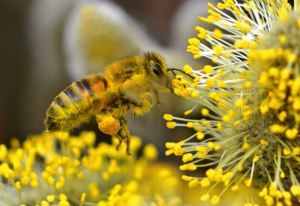
During pollen season, millions of people suffer from allergies. Air purifiers capture pollen efficiently since pollen particles measure up to 10 microns which is no match for HEPA filters.
Dust
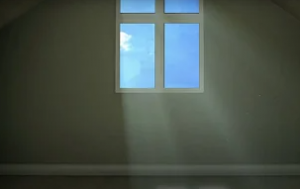
Dust is everywhere, both indoors and outdoors. If you inhale lots of dust over an extended period, you will likely experience respiratory problems. HEPA filters in air purifiers quickly capture dust because the particles are usually large.
Odours
While HEPA filters are ineffective in removing odours such as kitchen smells and pet odours, an air purifier with activated carbon will sort you out. Activated carbon absorbs odours quickly, leaving your indoor space smelling clean and fresh.
Smoke particles
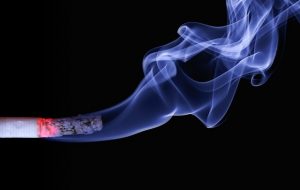
Air purifiers also eliminate smoke. Activated carbon absorbs any smell from the smoke while HEPA filters trap smoke particles measuring 0.3 microns and above. So, if you want to remove marijuana smoke, cigarette smoke, or wildfire smoke, an air purifier will help a great deal.
Bacteria and viruses
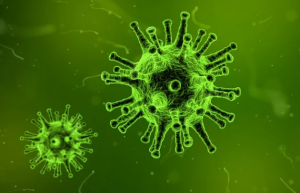
There has been a lot of debate about whether air purifiers can work for bacteria and viruses. We can confirm that most air purifiers with HEPA and True HEPA filters can remove bacteria and viruses. An air purifier with a UV bulb can also work because UV kills airborne pathogens.
Pet hair and dander
Air purifiers can remove pet hair and dander. The pre-filter captures most pet hair, and any that escapes will not go past the HEPA filter. Also, pet dander is eliminated in the same way. Therefore, you can rely on an air purifier to trap any pet hair or dander that may be floating around your home.
Dust mites
Dust mites are tiny microorganisms found in bedding, upholstery, any fabric. They feed on dead skin, and their faecal matter causes allergies among many people. Some may be agitated, find their way into the air, and need removal.
Any good air purifier removes dust mites with ease. You can check out our review of the best air purifiers for dust mites for some great options.
Mould spores
Air purifiers with HEPA or True HEPA filters can remove mould effectively. However, you may need to keep your kitchen and bathroom dry to prevent mould from growing in the first place.
What you should not expect your air purifier to do
While air purifiers try to eliminate almost all airborne pollutants, some are beyond their capabilities. These are some of the things that an air purifier cannot remove:
Radon
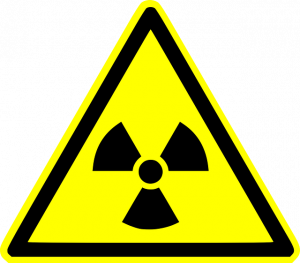
Air purifiers do not remove radon. Radon is a radioactive gas that can cause lung cancer after prolonged exposure. Also, it is colourless and odourless, so the best bet is to hire a professional to find out if your house has radon and remove it.
Also, you can buy a DIY radon test kit and call in a specialist when the levels are too high.
Carbon monoxide
Another colourless and odourless gas that is deadly when inhaled is carbon monoxide. Air purifiers cannot remove this harmful gas. A carbon monoxide detector is an essential gadget to have. Once it raises the alarm, open your doors and windows to let in air from outside, neutralizing the gas.
Humidity
When you run the air purifier for long or at high fan speeds, you may feel the air dry the same way a fan does. However, air purifiers do not remove humidity from the air. It is best to look for a dehumidifier.
On the other hand, if your indoor air is too dry, you need to buy a humidifier.
Efforts you need to put for a cleaner home
Air purifiers only handle airborne dirt. However, many more harmful pollutants are elsewhere in the house – on surfaces like tables, shelves, etc. and the ground. Even pollen tends to settle on such areas with time. So, you must make a conscious effort to remove the dust and dirt yourself.
First, ensure that you regularly vacuum the floor. Also, use vacuum cleaner attachments like the brush to clean above-ground surfaces such as upholstery, drapes, window sills, baseboards, walls, stairs, and fans.
Then, dust the house often to remove allergens that can find their way back into the air. Use a soft microfiber dusting brush or a damp cloth to achieve the best results.
Conclusion
Now you know everything an air purifier can and can’t do. Removal of airborne pollutants such as dust, pollen, and smoke is a piece of cake. However, do not expect your air purifier to work for radon and carbon monoxide. Also, air purifiers do not remove humidity as many would wish.
Lastly, it would help if you did other things to keep your home free of allergens. Vacuum the house and dust it regularly. Also, wash your bedding, pillow and cushion covers as well as carpets often. You can call in professional cleaning services periodically to keep your house in tip-top condition.
The YouTube video below by Wirecutter sheds more light on this topic. However, note that air purifiers can remove bacteria and viruses unlike what they say on the video.
